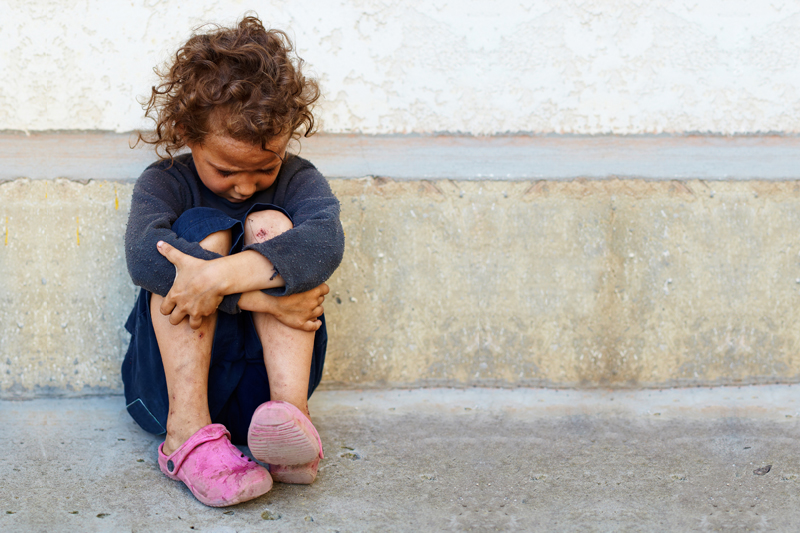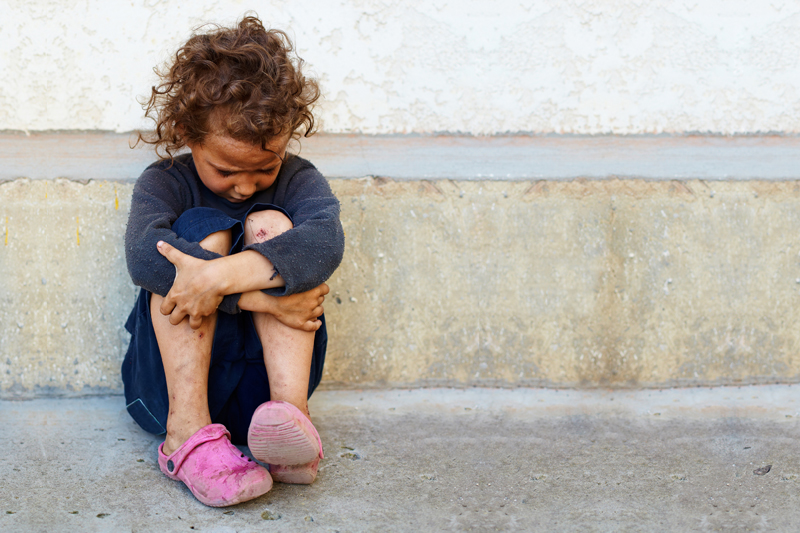Parenting Tips Regarding Online Safety for Teens

As a parent, we like to know who our children’s friends are at school, after school, in the neighborhood, at their job, and at the mall. Often we reveal information that is personal, unintentionally. We want to believe the person we are chatting with is representing himself or herself truthfully. In reality, there is no sure way to corroborate who is on the other end of the internet without meeting them personally. Children are choosing to meet internet friends more often and secretively and are being assaulted or worse.
Teenagers are using the internet, and social networking sites like Face Book as a social structure not unlike the old time ice-cream parlors or a local shopping mall of the years past. Although most social networking sites have a minimum age limit to start an account there is no way to verify age when creating an account. Each social networking account allows the creator to personalize their profile, expressing their own interests, hobbies, including the music they listen to and can include personal photos of self, family, or friends. Friends show on each person’s profile.
The personal information teenagers place on their profiles is frightening. They seem to think only friends can see what they put on their profile. However even if a teen is careful not to reveal to much personal information, a lot of information can be gained from what friends post on their profiles and those profiles can endanger your child’s privacy. It only takes a little bit of information to figure out where someone actually lives, works, or goes to school.
Test this theory yourself by doing an internet search on your full name. Type your full name, and see what you get. If you have a common name, Bill Smith, then you are somewhat more anonymous on the web. If your name is more unusual like Bianca Noel Piper (a missing child), it tells a different story. Try typing in a home phone number, your neighbor’s name, or another family member, even your email address. Are you surprised at the information you found?
As parents, we need to educate children at an early age what is and what is not ok to do or say on the internet. Parents would never send their child out into the world without providing them with safety guidelines on what to do in certain circumstances. Why is the World Wide Web any different? We are allowing total strangers into our child’s bedroom, and into the sanctity of our home.
Do you know where your child is surfing online? If not maybe, it is time to sit down and talk to your child about what information he or she is providing in their profiles and in chats or instant messaging online. Teach them that not everyone is who they say they are online and that often there are sheep in wolves clothing and to NEVER meet or call anyone from the internet without checking with their parent first.
Teenagers are using the internet, and social networking sites like Face Book as a social structure not unlike the old time ice-cream parlors or a local shopping mall of the years past. Although most social networking sites have a minimum age limit to start an account there is no way to verify age when creating an account. Each social networking account allows the creator to personalize their profile, expressing their own interests, hobbies, including the music they listen to and can include personal photos of self, family, or friends. Friends show on each person’s profile.
The personal information teenagers place on their profiles is frightening. They seem to think only friends can see what they put on their profile. However even if a teen is careful not to reveal to much personal information, a lot of information can be gained from what friends post on their profiles and those profiles can endanger your child’s privacy. It only takes a little bit of information to figure out where someone actually lives, works, or goes to school.
Test this theory yourself by doing an internet search on your full name. Type your full name, and see what you get. If you have a common name, Bill Smith, then you are somewhat more anonymous on the web. If your name is more unusual like Bianca Noel Piper (a missing child), it tells a different story. Try typing in a home phone number, your neighbor’s name, or another family member, even your email address. Are you surprised at the information you found?
As parents, we need to educate children at an early age what is and what is not ok to do or say on the internet. Parents would never send their child out into the world without providing them with safety guidelines on what to do in certain circumstances. Why is the World Wide Web any different? We are allowing total strangers into our child’s bedroom, and into the sanctity of our home.
Do you know where your child is surfing online? If not maybe, it is time to sit down and talk to your child about what information he or she is providing in their profiles and in chats or instant messaging online. Teach them that not everyone is who they say they are online and that often there are sheep in wolves clothing and to NEVER meet or call anyone from the internet without checking with their parent first.

Related Articles
Editor's Picks Articles
Top Ten Articles
Previous Features
Site Map
Content copyright © 2023 by Erika Lyn Smith. All rights reserved.
This content was written by Erika Lyn Smith. If you wish to use this content in any manner, you need written permission. Contact Erika Lyn Smith for details.



